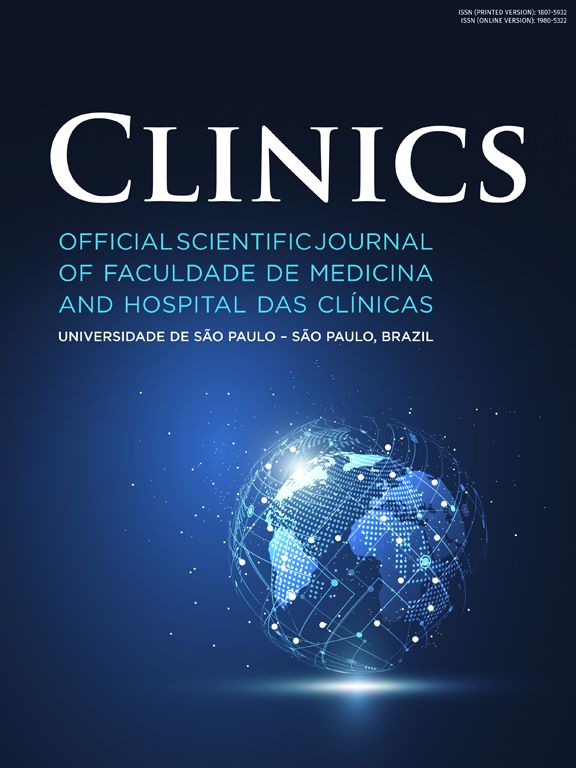Recently we published a systematic review of the main randomized controlled trials that had evaluated the efficacy of low-dose aspirin to prevent preeclampsia.1 For this purpose, we decided to divide the population in 2 different groups: patients at low-risk and at high-risk for preeclampsia. In order to scientifically evaluate this problem, we performed a meta-analysis. Our results almost proved our clinical hypotheses as follows: i) low-dose aspirin has no beneficial in the low-risk group but has a very small effect in the high-risk group, and ii) meta-analysis is not the best scientific method to resolve this question, as it can be unreliable when involving special issues.
Our first hypothesis is of course based on our clinical experience, which is based also on the pathophysiological aspects of preeclampsia. In our clinical experience, we have not observed prevention of preeclampsia in patients that have used low-dose aspirin, which is also demonstrated by recent controlled (randomized) trials, with less bias of case selection.3,4 These more recent results can be explained by the fact that secondary prevention is based on the pathophysiological concepts of preeclampsia, which have yet to be clarified. For instance, are the relative reductions of vasodilator prostaglandins (protacyclin) and the increase of vasoconstricting prostaglandin (thromboxane) really responsible for the onset of preeclampsia? Here, we thank Pereira et al4 for helping us to answer the first question.
Our second hypothesis, that meta-analysis is not the best scientific method to answer this question, as it is in fact unreliable in a few situations, has now been demonstrated by Pereira et al.4 As these authors concluded, “results of a meta-analysis are model-dependent”5 and “results from meta-analytic studies can be seriously overestimated, yielding misleading conclusions.”6 As we are living in an era of “evidence-based medicine,” meta-analysis has become one of the main scientific tools for researchers to arrive at conclusions regarding medicine. However, on the other hand, this type of analysis has become very risky, as many researchers, sitting behind a computer, evaluate data published by other researchers and analyze such results without having adequate clinical experience.
From this point of view, we welcome the re-analysis of our data4, which reinforces what we had already shown1. Firstly, because Pereira et al4 “found no convincing evidence for a protective effect of low-dose aspirin under this model (DL Common RR = 0.835; 95% CI = 0.697 to 1.001, P = 0.051)"; this they characterized as “surprising,” since they probably lack adequate clinical experience on the issue, having only conducted a computer analysis of results from other researchers. Secondly, to re-analyze our data, they did not have to go back to each individual study which shows our report contained sufficient information. However, our intention in writing this revision was to stimulate young researchers to maintain a healthy scientific skepticism when analyzing research reports, even those which describe themselves as “controlled randomized studies.” To do this, it is essential to evaluate each original paper! When Pereira et al4 re-analyzed our data; they did not directly read the original studies, as is clear from their comments. For example, they mention that although we “correctly tested the heterogeneity among effect sizes of individual studies,” we “have not considered adequately this finding.” Of course we did: our discussion is almost entirely directed towards this problem. There are 2 main clinical problems in our meta-analysis, which we also pointed out. First is the dose of aspirin, which varied from 60 to 150 mg/day. Second, which is the most important, selection criteria varied greatly in the different studies, and even inside each study. Our test for heterogeneity showed this in low-risk (P = 0.01) and high-risk patients (P = 0.06). Conducting a re-analysis and applying different statistical methods, Pereira et al4 confirmed this fact observing “significant evidence for heterogeneity both in the asymptotic (c2 = 25.86, df = 16, P = 0.056) and in the parametric bootstrap version (1000 replications, P = 0.049) of the Q statistic,” even though they did not address the problem of selection criteria in each paper. Their results are very similar to ours, but no remarks were provided by them about the level of significance they used. Nevertheless, we welcome this confirmation of our results with a different statistical procedure.
As they aptly noted, “despite the 20 years of research since the first report, the relationship between aspirin treatment and a reduced risk of preeclampsia in women considered at high-risk still remains an unresolved issue.”
However, we certainly disagree with their conclusion that “further meta-analysis considering language bias or individual patient data meta-analysis7 are required,” as they provokingly proved that it is possible to evaluate the same data (treated as a black box) by different statistical methods. Therefore, we maintain our conclusion that controlled randomized trials with well defined selection criteria would be the best scientific method to answer this question, as we state: “in further randomized controlled trials evaluating the use of low-dose aspirin, participants should be divided into groups according to parity, risk for preeclampsia, and the presence of any prothrombotic factor or disease.”1




